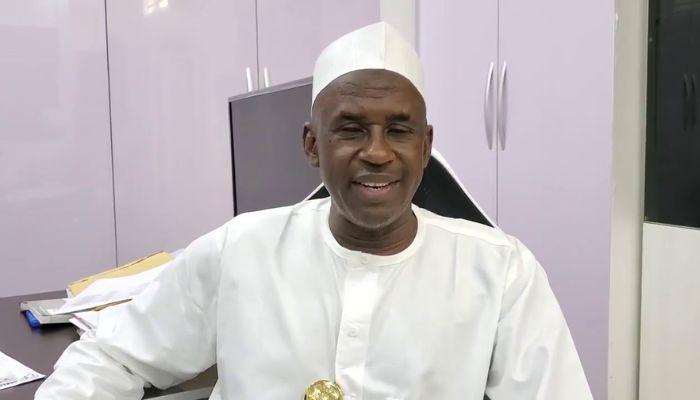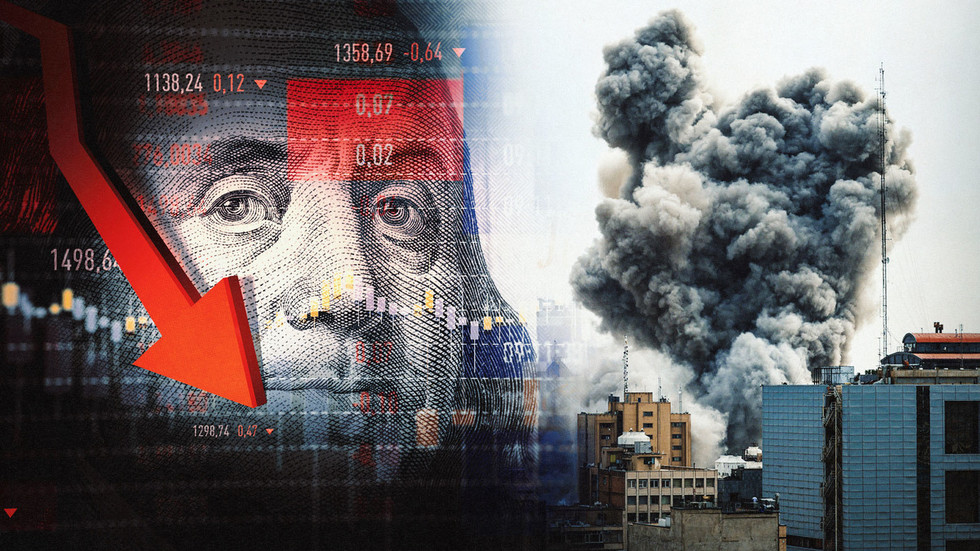In a groundbreaking move, former U.S. President Donald Trump has granted a full and unconditional pardon to Ross Ulbricht, the founder of the infamous dark web marketplace Silk Road. This decision concludes more than a decade of Ulbricht’s imprisonment, where he served a life sentence for his role in creating and operating the controversial platform.
Ross Ulbricht, often referred to as a pioneer in dark web commerce, was convicted in 2015 on charges of narcotics trafficking, money laundering, and conspiracy to commit computer hacking. His platform, Silk Road, operated from 2011 to 2013, facilitating over 1.5 million Bitcoin transactions, primarily involving illegal substances such as heroin and cocaine. The marketplace earned Ulbricht millions, sparking debates about cryptocurrency’s role in enabling illicit activities.
Despite his conviction, Ulbricht became a symbol for excessive sentencing in cybercrime cases. Supporters rallied under the “Free Ross” movement, criticizing the life sentence as disproportionately harsh. Advocacy efforts gained traction within cryptocurrency communities, libertarian groups, and even high-profile figures in tech and politics.
Announcing the pardon on Truth Social, Trump said:
“I just called the mother of Ross William Ulbricht to let her know that in honor of her and the Libertarian Movement, which supported me so strongly, it was my pleasure to have just signed a full and unconditional pardon for her son, Ross.”
Trump also used the moment to critique government prosecution practices, stating that the “weaponization of government” has unfairly targeted individuals like Ulbricht.
A Controversial Decision
Trump’s use of clemency powers has been a hallmark of his presidency, granting over 1,500 pardons during his second term alone. Critics argue that many of these pardons served political motives or personal connections. Ulbricht’s pardon continues this trend, sparking heated debates on social media, political platforms, and news outlets about sentencing reform, justice for cybercrimes, and the influence of advocacy movements.
Supporters, however, have hailed the decision as a win for justice reform. Prominent libertarian groups and crypto advocates have praised the move as a turning point in acknowledging disproportionate punishments in the digital age.
Implications for Cybercrime and Justice Reform
Ulbricht’s pardon reignites discussions on the broader implications of sentencing for cybercrimes. Critics of his original sentencing argue that it failed to account for the nuances of digital crimes in an evolving technological landscape. Libertarian voices suggest that Ulbricht’s case highlights systemic issues within the justice system, including the need for sentencing reform and a reevaluation of nonviolent offenses.
The “Free Ross” movement’s success demonstrates the potential impact of sustained advocacy, even in cases involving controversial figures. For Ulbricht’s supporters, his release symbolizes hope for others facing excessive penalties in similar cases.
As this chapter in the Silk Road saga comes to a close, the debate over balancing justice, technology, and individual accountability in the digital era continues.



